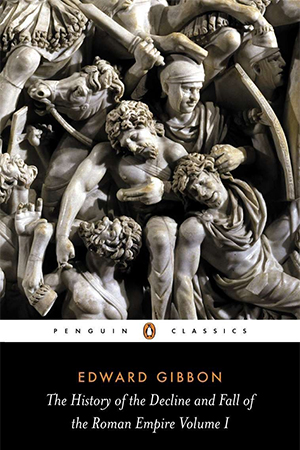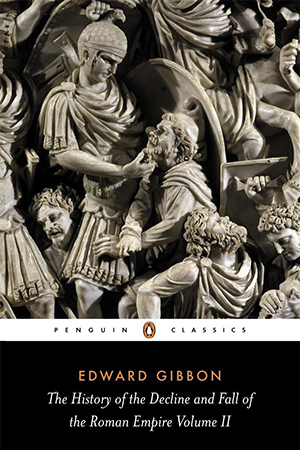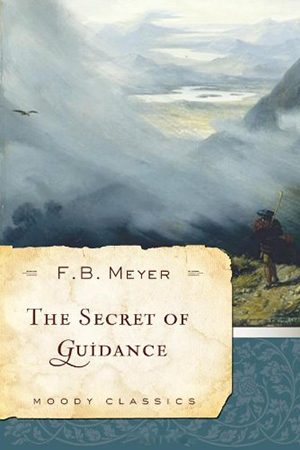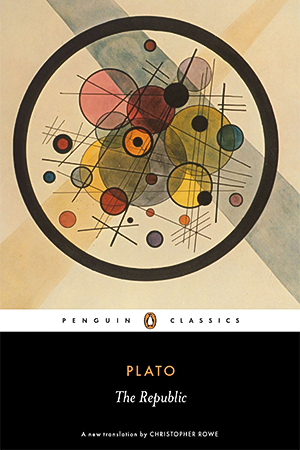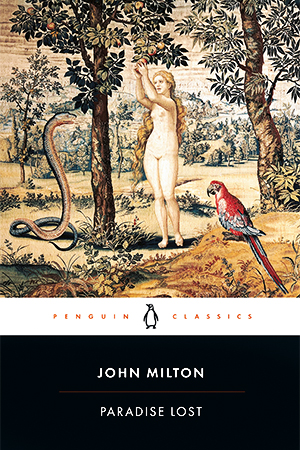 Title: An Introduction to the Devout LifeSeries: CatholicPublished by:
Title: An Introduction to the Devout LifeSeries: CatholicPublished by: Tan Classics
Release Date: July 1, 1994
Contributors: St. Francis De Sales (Author)
Genre: ClassicsPages: 360ISBN13: 978-0895552280
Introduction to the Devout Life is a book written by Saint Francis de Sales, the first edition being published in 1609. The final edition was published in 1619, prior to the death of Francis in 1622. Originally published: January 1609.
As no sensible person would make a long road trip without first consulting a map, so the person intent upon gaining Heaven should first resort to a competent guide to reach that Goal of all goals. And no better guide to Heaven exists than An Introduction to the Devout Life by St. Francis de Sales (1567-1622), Doctor of the Church. It is at once easy to read, being laid out in short chapters, yet thorough, authoritative, reliable, kind and gentle a mirror of its author. It is a book, moreover, for all, because all are called to the devout life. True devotion to God, the author points out, adorns every vocation. The devout life, moreover, is a lovely, a pleasant, and a happy life. (p. 5)
Addressed as a personal letter to Philothea, the lover of God which genuinely represents the reader the book covers: our first desire to lead a devout life to our full resolution to do so, how we should approach God in prayer and the Sacraments, the practice of 16 important virtues, remedies against ordinary temptations, and becoming confirmed in our practice of devotion. St. Francis says, Devotion is spiritual agility and vivacity, by means of which charity works in us, or we in her, with love and readiness; and as charity leads us to obey and fulfill all God s Commandments, so devotion leads us to obey them with promptitude and diligence. (p. 3)
An Introduction to the Devout Life is a book to be read with pencil in hand. It is a book to be read again and again. It is a book to make your guide for the rest of your life. It goes to the heart of becoming good. Its aim is to help you be rid of sin and even the inclinations to sin. Alone, its 10 brief meditations in Part I will orient you toward God for the rest of your life. No one will come away without being profoundly impressed and without being motivated to enter upon the devout life . . . which leads ultimately to God and to Heaven.
St. Francis de Sales was born in 1567 to Francois and Francoise de Boisy in what is currently Haute-Savoie, France. His father sent him to a good school when he was young, and he received spiritual formation from the Jesuits. After a disturbing spiritual fear of being condemned, he eventually resolved his problem and decided to dedicate his life to God in 1587. He became a doctor of law at the age of 24 at the Jesuit College of Clermont, Paris, and was ordained a priest by Bishop Claude de Granier and stationed in Geneva in 1593. He became bishop of Geneva in 1602.
Francis de Sales is the author of various collections of sermons on Mary, Lent, prayer and Christmastide, as well as a work entitled Set Your Heart Free, edited by John Kirvan. He was known as a spiritually understanding man as well as a friend of the poor. Though known for his great intellect and theological wisdom, he spoke with simplicity and earnestness, so that all could understand. An Introduction to the Devout Life , his best-loved work, is based on notes he wrote for a cousin for marriage, stressing that sanctity is possible in everyday life. He died in 1622 on December 28, and was canonized by Pope Alexander VII in 1665. His feast is celebrated on January 24.
